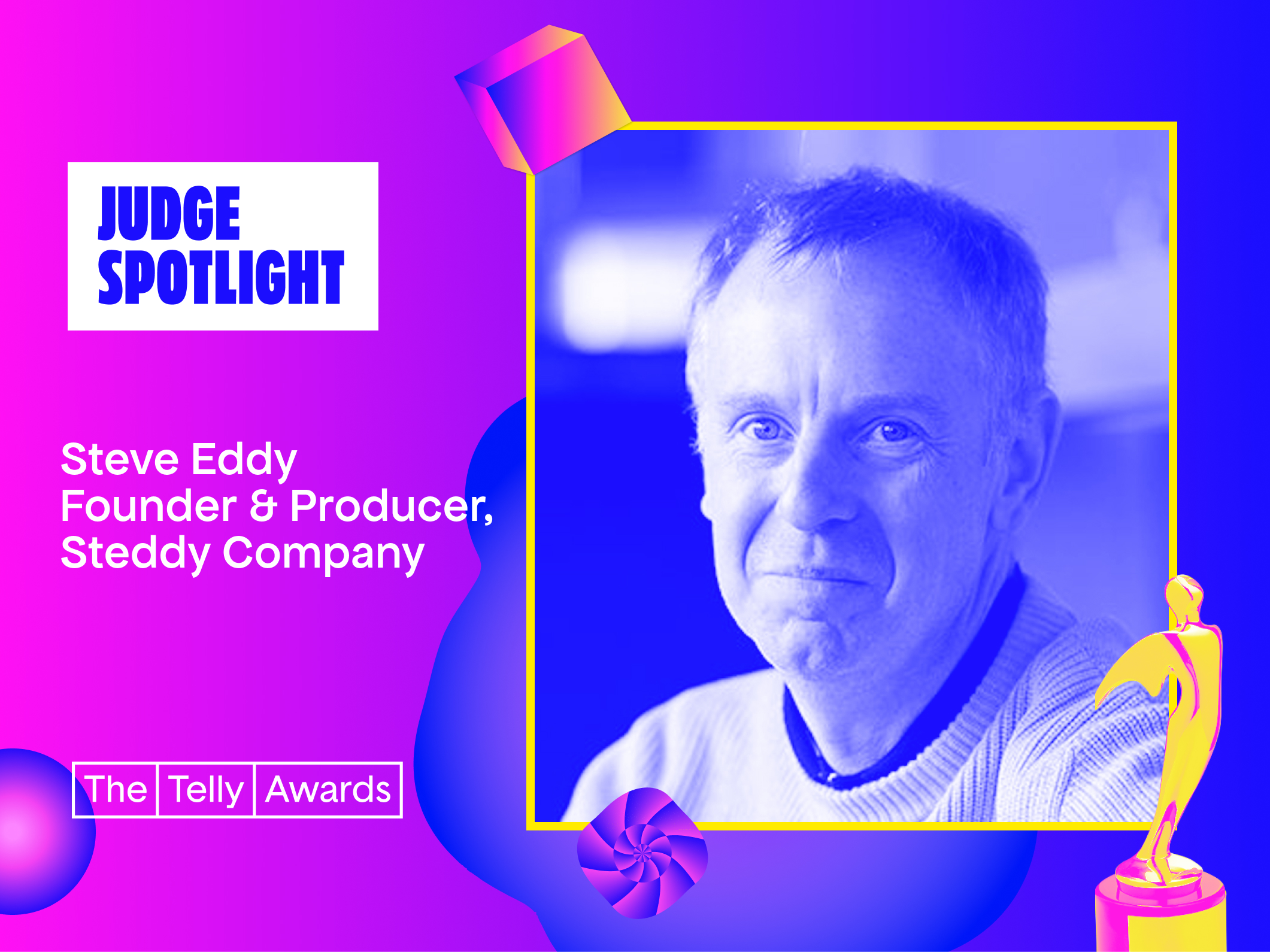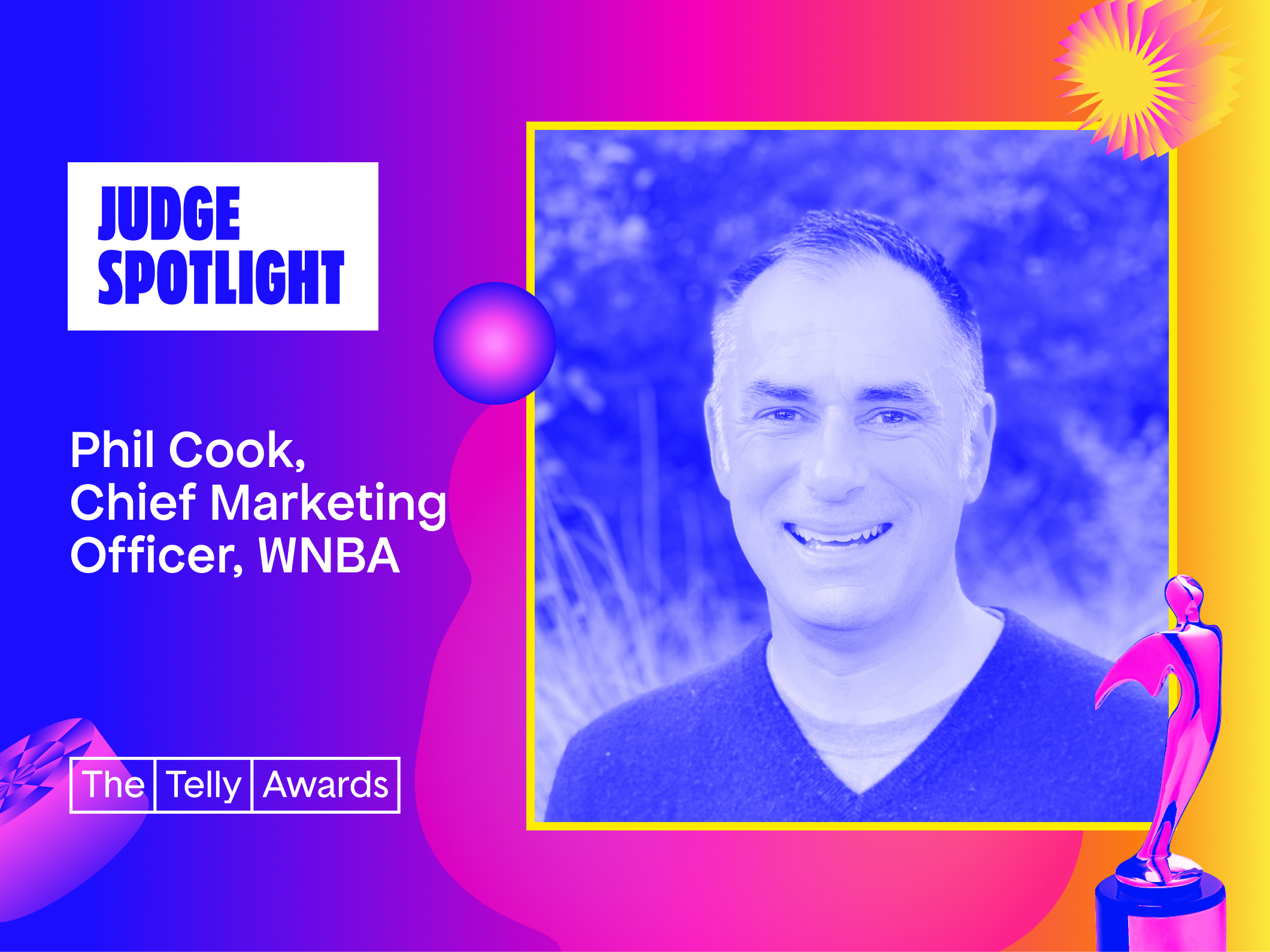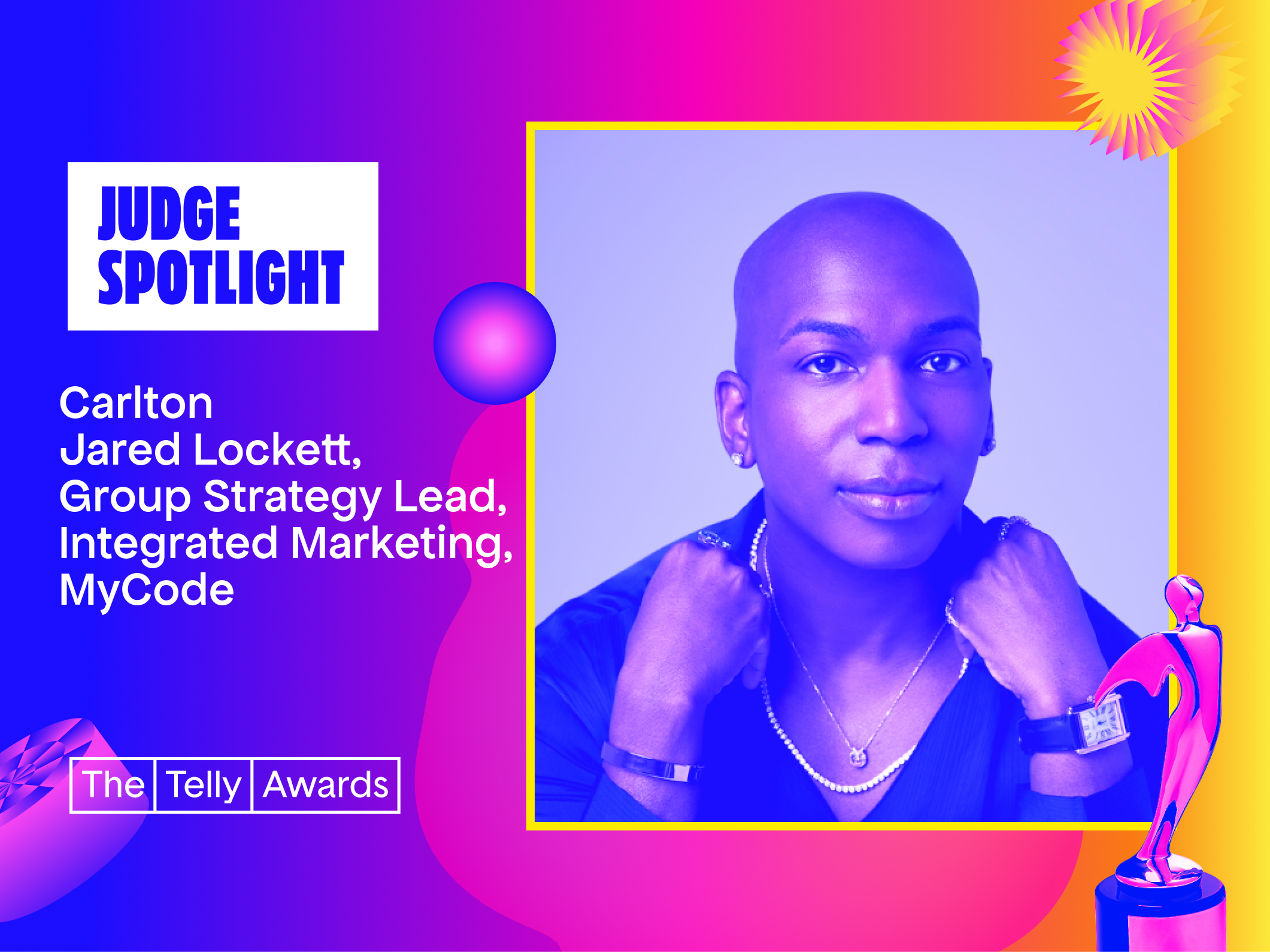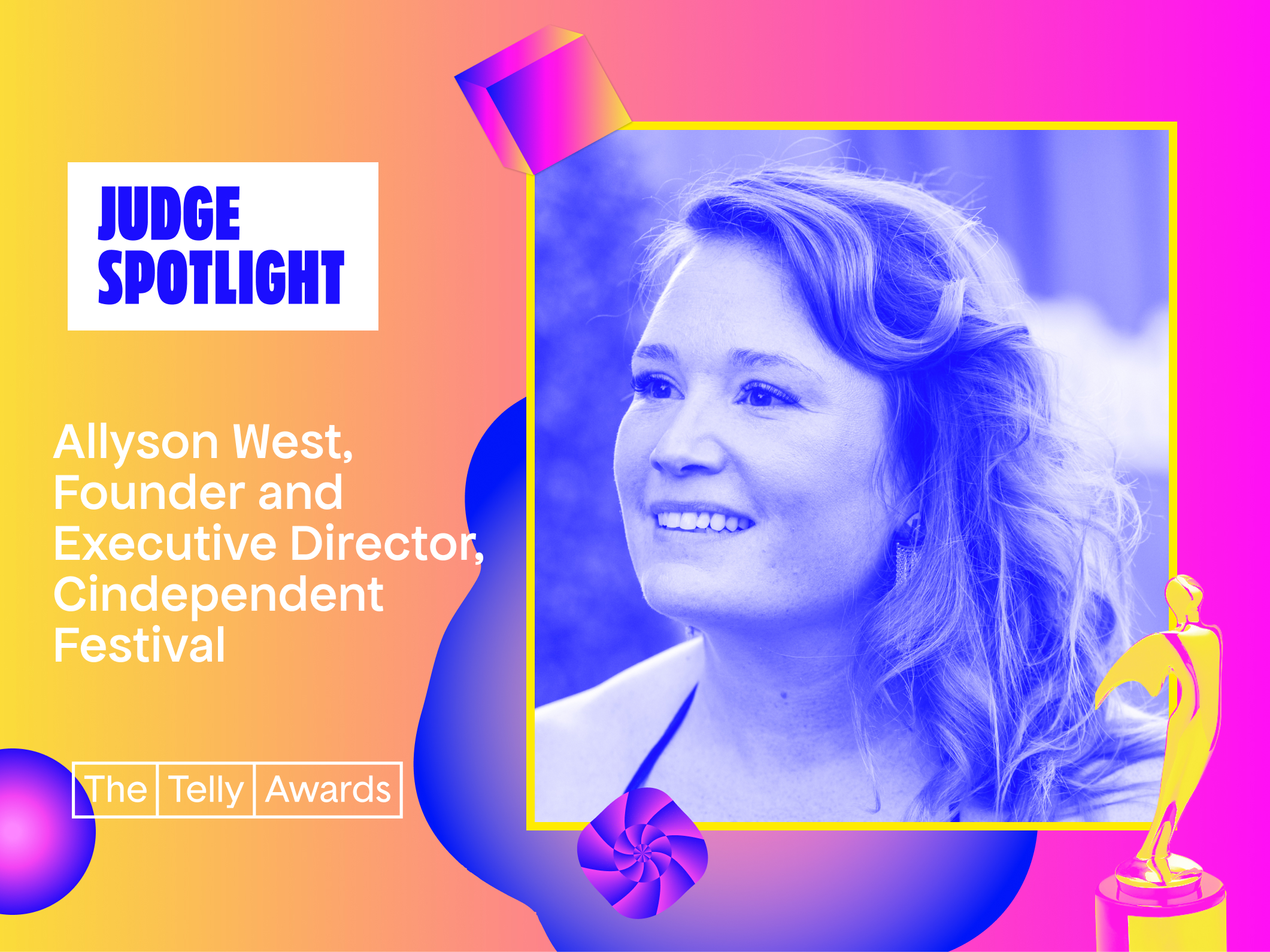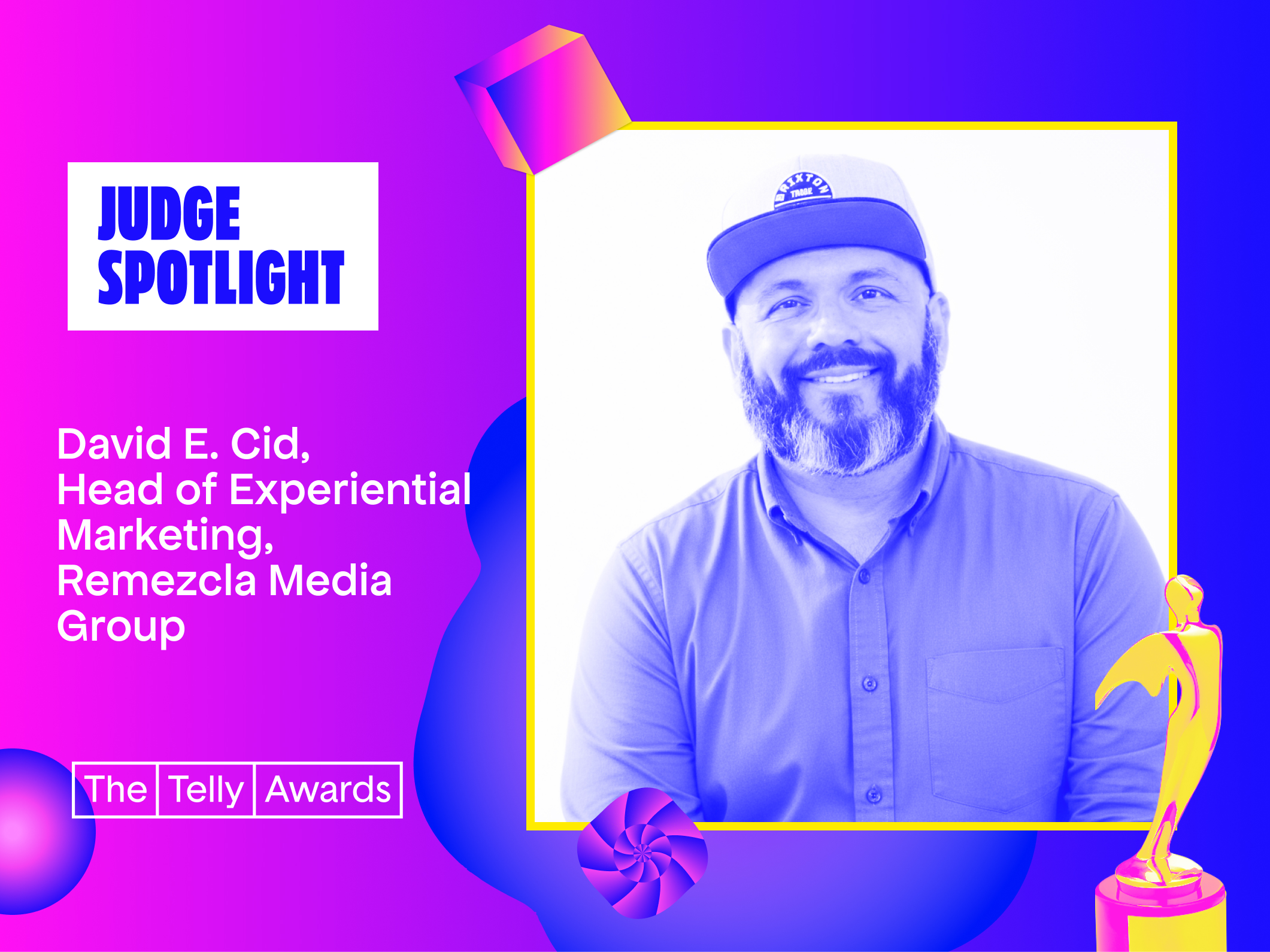Steve Eddy is the Founder of The Steddy Company, a Berlin-based production and consulting venture focused on storytelling, leadership, and international collaboration. Formerly Director of Production at Netflix, first overseeing Independent Film in Los Angeles and later leading Production for the DACH region, he has guided production and creative teams through projects that span continents, languages, and genres. Before Netflix, Steve held executive roles at The Tornante Company and Summit Entertainment and independently produced films and digital content.
How many years have you been a judge?
This is my first year!
What excited you about judging for the Telly Awards?
The Telly Awards celebrate the craft and creativity that drive our industry forward, and I’m excited to help spotlight the work that inspires new voices and innovations. Having spent much of my career bridging creative and operational worlds, I find it rewarding to see how fresh perspectives can reimagine familiar formats.
What was your first job in the industry? What did it teach you?
I was an office PA on a feature film that shot in a neighboring small town in Minnesota. Long days, low pay and still one of the best experiences I’ve ever had.
What project are you most proud to have worked on?
It’s not a project that makes me the most proud, it’s the people I have been able to lead. I feel so fortunate and proud to watch my teams feel valued, find meaning and excitement in their work and create really entertaining and sometimes important works. Seeing their growth and development is what has made me the most proud.
What’s the most challenging part about your job and/or the industry?
It’s easy to lose sight of the fact that this is a people business – from the creator with the idea to the audience member that consumes it. Everything we do is about people and it’s easy to get lost in budgets, schedules and notes. I try to always keep that in mind and remind those I’m working with.
What do you look for to determine excellence in video?
Clarity of vision, the willingness to take a risk, and knowing how to highlight production value in the areas that amplify the story. Excellence isn’t always about scale or budget; it’s about the story, the craft, and connection. I’m drawn to projects that feel intentional and alive, pieces that take creative risks while remaining grounded in truth.
What are your current roles and responsibilities and what do you love most about your job?
I just started Steddy Company and am balancing producing scripted and nonfiction projects with leadership and consulting work for creative teams. My favorite part of the job is helping talented people find alignment—between story, purpose, and process. Whether on set or in strategy sessions, I love seeing ideas evolve into something that resonates with both the makers and the audience.
What initiatives or projects are you working on now that excite you?
It’s early days so I have a lot of new projects coming in. One that is really exciting is called ECHOES, it’s a docu-series with survival elements that retell amazing true stories. Our first season will take us across Africa and I can’t wait!
Do you have any specific practices you lean on to spark creativity?
I run and run and run! I finished my first Marathon in Berlin this year and am signing up for my next one in 2026.
What inspired you to pursue your career path?
My father is a great storyteller and I fell in love with storytelling at a young age. That led to playing with our family’s oversized video camera making movies with friends and I was hooked.
In your experience, what is a significant change you are seeing happen in the video, television, and/or film industry, and what insight can you share about how to navigate it?
The easy answer here is GenAI right? I am going to say evolving distribution. I don’t believe theaters or the weekly television episode will go away but I do think we will continue to see ways that people watch their stories. We’re already seeing it with YouTube, TikTok and others. A lot of this will be fueled by GenAI (there I got to it!) but I think the biggest change will really be distribution models.

